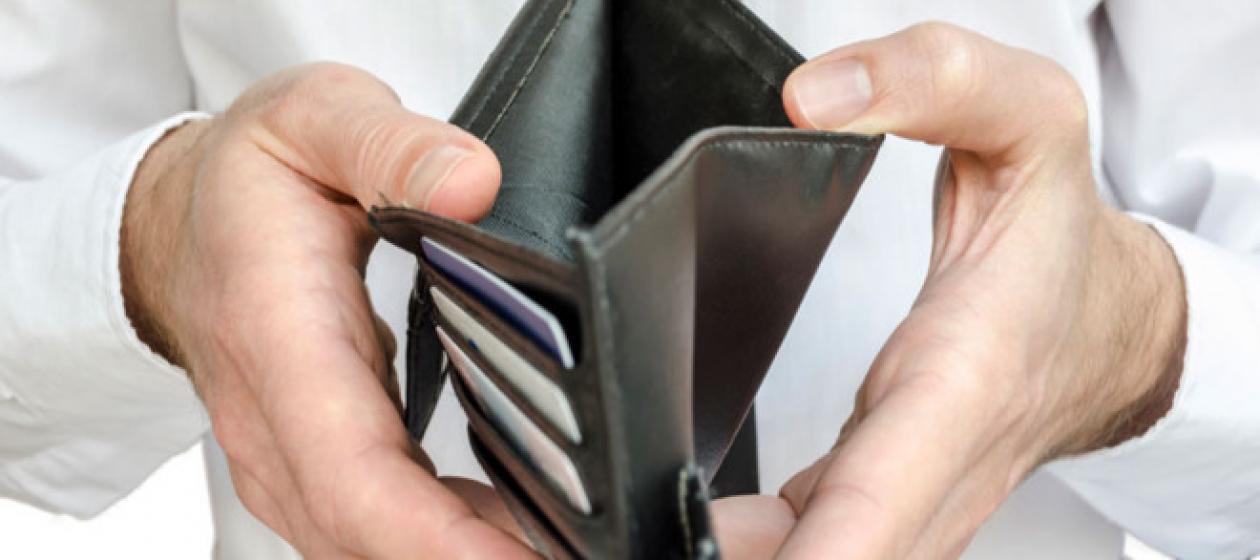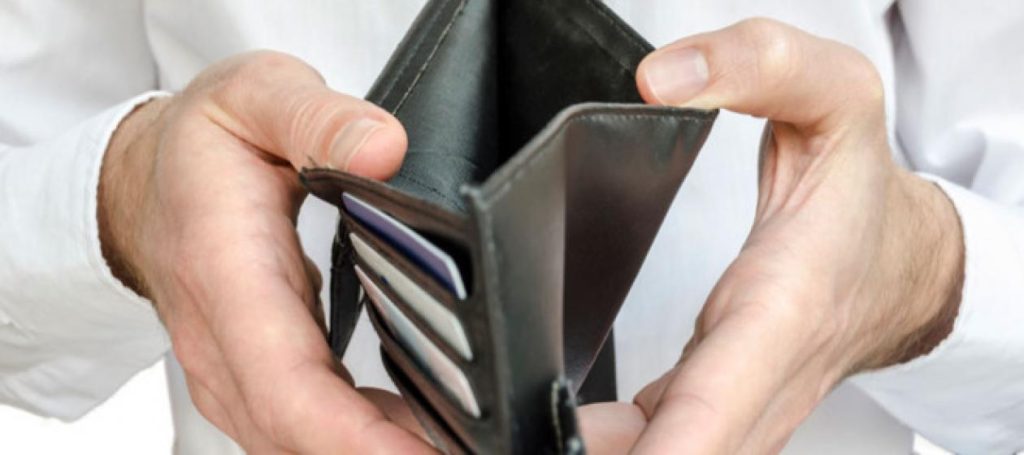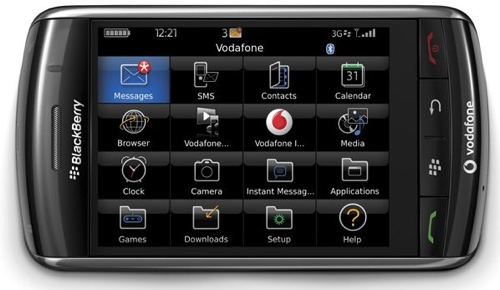Are you spending thoughtlessly?

Many of us may be guilty of spending without thinking, however, if you never pay attention to the money you are spending it can soon lead to real financial problems. “Thoughtless spending contributes to financial problems,” says Eunice Sibiya, head of Consumer Education at FNB . “If consumers don’t know what they have spent their money on at the end of the month, it is unlikely that they are making positive and planned financial decisions.”

Ask yourself these few questions to ascertain if you are guilty of thoughtless spending.
How much is in your account right now?
Ask yourself what is in your current bank account, credit card, store cards or even home loan account? Most people should have a good idea of these balances.
“If you have no idea what is going on with your bank account, consider this a warning sign that you are not on top of your finances,” says Sibiya.
This should also go for the amounts you own on various credit products such as your credit card, personal loans or store cards.
Do you look at the price tag?
How often do you actually study the price tag on the item you are buying?
According to an online survey conducted by FNB, 6% of respondents never check the price tag of an item when they make purchases and 30% sometimes check while 64% always check.
Checking the price shouldn’t just be for big ticket items but also for everyday items such as your daily groceries or coffee.
“Taking note of an item’s price habitually will ensure that you are aware when the price has gone up, if there are any deals on similar consumables or if you can go without that purchase this once,” says Sibiya. “Checking the price of every item you purchase will only take a few seconds but can make a real impact on your spending at the end of the month.”
Are you buying items you should be saving for?
“It is natural to get excited for purchases such as a new couch for your home, or the latest TV, but unfortunately this is when many of us throw caution to the wind, financial planning goes with it,” says Sibiya.
For example, if you buy a couch for R5000 on credit, with an interest rate of 20% and take a year to pay it off. The very same couch will cost you R6000 excluding additional charges. However, if you save R1000 a month for five months, you will be able to purchase it without incurring debt.
“Saving for an item will not only be cheaper but will also give you the time to shop around for a great deal or even buy the item second hand, which will leave you with cash to put away,” says Sibiya.
Are you spending without actually purchasing?
Spending without thinking is not limited to actual purchases, but other behaviors we may not be aware of.
“There are many examples where a small change in behavior can save you at the end the month,” says Sibiya.
Consider actions such as racking up banking fees because you draw cash often, spending hours surfing the internet on your mobile phone or leaving the lights on all day.
Paying attention to how and what you spend your money on, will give you a very good start to financial freedom.

